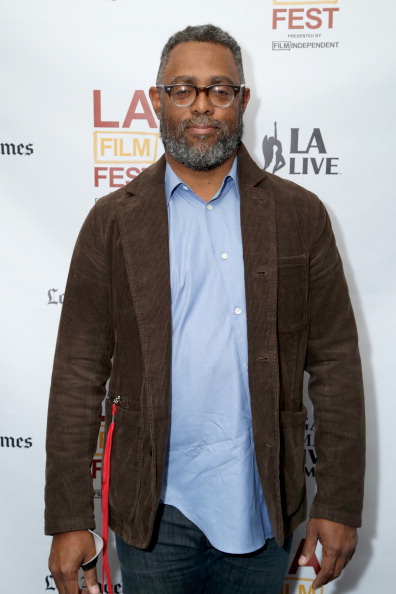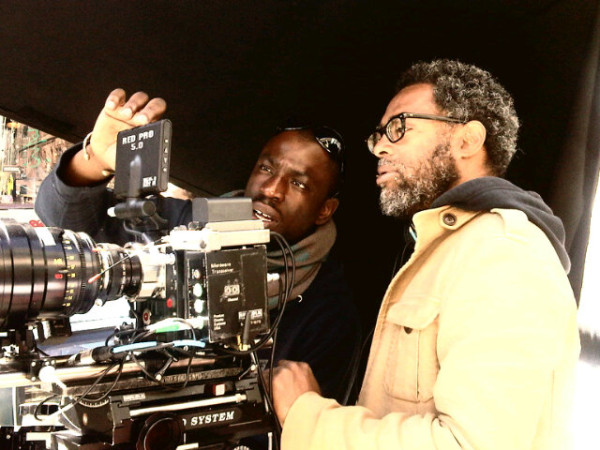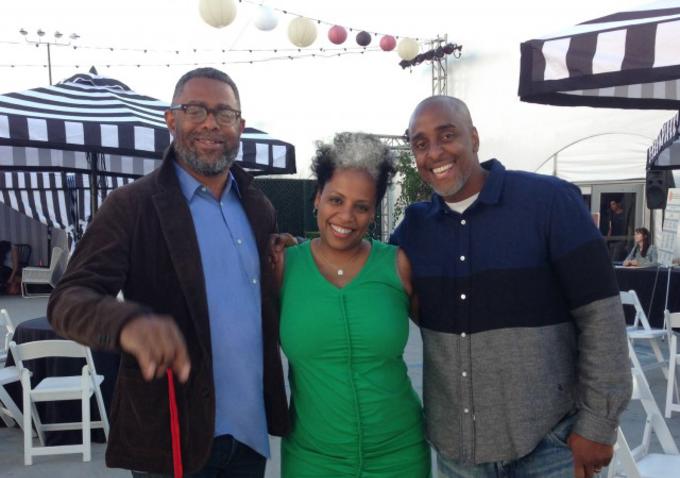
Good Morning POU!
Today we feature another Howard University alum, Arthur Jafa!
Arthur Jafa was born in 1960 in Tupelo, Mississippi. He was raised in the blues rich Mississippi Delta, in Clarksdale. After graduating high school, he enrolled at Howard University where he studied architecture and film.
He uses film to investigate issues surrounding black cultural politics and black cultural nationalism. He is interested in ways in which black film can be used to investigate what he calls “Black Artificial Intelligence,” and to reflect black ways of life in the diaspora. Jafa has also developed an idea that he calls “Black visual intonation,” in which irregular camera rates and frame replication is used to create filmic movement which approximates black vocal intonation.
Jafa’s cinematography work includes a collaboration with his wife, Julie Dash, on Daughters of the Dust, a portrayal of a little-known Gullah subculture on a barrier island off the coast of South Carolina, which received the Sundance Film Festival Award in 1991.
He also worked as Director of Photography on Spike Lee’s Crooklyn and with Manthia Diawara on Rouch in Reverse.
Recently, Arthur teamed with a fellow Cinematographer Malik Sayeed and Baltimore curator Elissa Blount-Moorhead to form a new independent film studio and production company, TNEG. This group of talented people have gotten together to form this film company with the aim to expand the concept of what “black indepedent cinema” is.
The goal, according, to Ms. Blount-Moorhead, is to develop and produce new black independent films, but films that will also “push what we understand to be new black cinema and to create not just new narratives and but also new aesthetics and technical parameters within black cinema.”
And they feel that the time now is right to start up a new studio and production company because of the rapidly changing landscape in terms of production and distribution especially, which they feel is a great advantage for independent cinema and for filmmakers of color.
“I feel like independent film in general is becoming more well-regarded and more supported. If you just think back 20 years there was no IFC, or things like that. There are more alternative platforms now, like Netflix, that are now commissioning and financing work that will go directly through their channels—those are the ways you are able to provide an outlet for people and to hopefully allow filmmakers to create a voice that is not contingent on mainstream and Hollywood expectations.”



